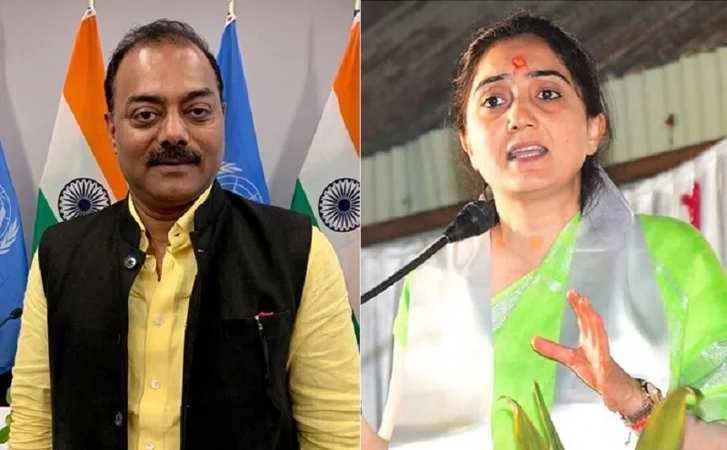BJP’s spokesperson, Nupur Sharma, made offensive and Islamophobic remarks about Prophet Mohammad on an Indian news channel. Aa a reaction, Qatar, Kuwait, and Iran summoned respective Indian ambassadors. Moreover, the Gulf Cooperation Council, Saudi Arabia, the United Arab Emirates, and the Organization of Islamic Cooperation also condemned the blasphemous remarks in addition to Pakistan, Afghanistan, Malaysia, Indonesia, and Turkey. So far, at least 14 countries have condemned the hate speech against the religion of Islam, officially.
Intriguingly, a crisis has erupted as the Gulf States and India have remained significant trading partners and share an economic codependence.
Economic Relations between India and the Arab World
India is the world’s third-largest importer of oil in the world, and it sources 65 percent of its crude imports from the Middle East. Additionally, over 8 million non-resident Indians live in the Gulf. Further, the UAE is home to approximately 3.5 million Indians which makes up for 33% of all foreign funds to India, totaling more than $20 billion per year. According to Indian officials, there are more than 2.2 million Indians in Saudi Arabia. In addition, trade between GCC and India reached $90 billion in 2020-2021.
Impacts on Arab – India Economic Relations
India and the Arab world are tightly bonded together owing to economic interdependence on each other. Nonetheless, curtail in religious freedom for Muslims in India has caused enough friction between India and the Arab world. Beyond religious freedom, blasphemous remarks regarding the Prophet (PBUH) have agitated a wave of criticism and strong condemnation from the Arab world. This storm of criticism elucidates that the Indian government has to create a sense of pluralism in society otherwise relations between the Gulf and India might face a further descent.




![Ukrainian and Russian flags with soldier silhouettes representing ongoing conflict. [Image via Atlantic Council].](https://southasiatimes.org/wp-content/uploads/2026/02/2022-02-09T000000Z_1319661209_MT1NURPHO000HXCNME_RTRMADP_3_UKRAINE-CONFLICT-STOCK-PICTURES-scaled-e1661353077377.jpg)

